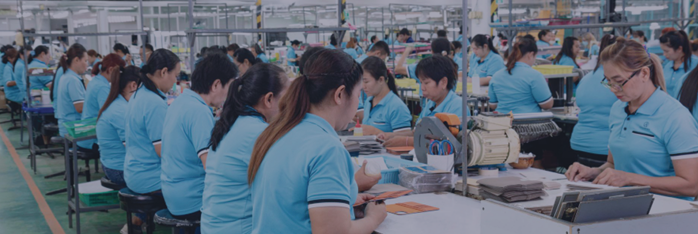How Paying Living Wages Tackles Inequality and Boosts Business for Adiantes

OVERVIEW
Discover how Adiantes, a Thailand-based leather goods manufacturer, made a bold commitment to ensure all employees earn a living wage. By implementing structured wage assessments, gaining leadership buy-in, and introducing employee welfare programs, Adiantes has enhanced financial stability for its workforce while strengthening operational resilience and customer trust. This case study outlines the company’s phased strategy, key barriers overcome, and the measurable impact of aligning fair wages with business success.
READ NOW: 📖 Adiantes
CHALLENGES
🔹 Wage Disparities – Many businesses in Thailand's manufacturing sector rely on low wages to remain competitive.
🔹 Workforce Planning – Ensuring stable, year-round employment meant rethinking forecasting and reducing dependency on temporary labour.
🔹 Productivity Balance – The need to stay competitive called for an incentive system that rewarded efficiency alongside fair pay.
KEY RESULTS
✅ 64% of employees have stayed with the company for over a decade, showing strong employee loyalty.
✅ Average wages rose by 6% in 2022, 5.5% in 2023, and 5.8% in 2024, outpacing inflation in both years.
✅ 44% of employees, who have worked for a decade, belong to an aging age group, emphasizing the company's long-term employment commitments
WHO SHOULD READ THIS:
This case study is recommended for those working in the following areas:
📌 Sustainability & CSR Professionals
📌 Human Resources & Labour Relations Teams
📌 Procurement & Supply Chain Managers
📌 Ethical Sourcing & Compliance Leads
LEARN MORE
To understand how Adiantes embedded living wages into its business model and championed ethical labour practices, read the full case study: 📖 Adiantes


